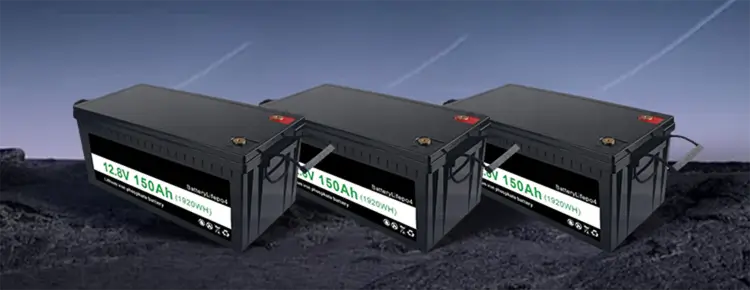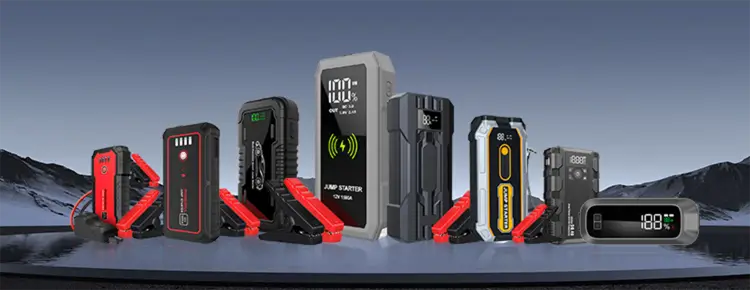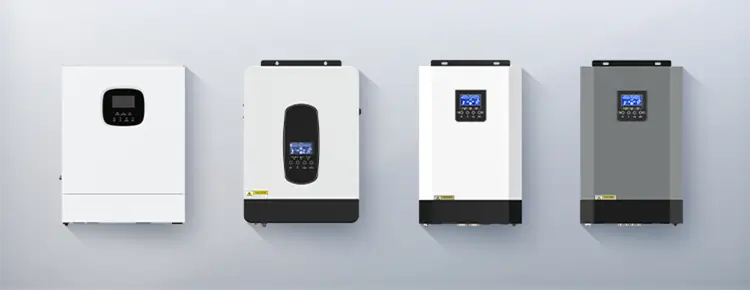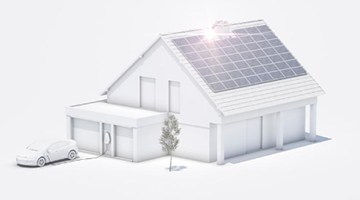



Blog
Hot Category
Latest Blog
30 Apr 2025
Flora
In recent years, with the popularization of renewable energy, the demand for home energy storage systems has gradually increased. Among many battery technologies, lithium iron phosphate batteries (LFP) are one of the best choices for home energy storage battery packs, and their advantages are widely recognized in many dimensions.

1. High safety
The chemical structure of lithium iron phosphate is highly stable, and the thermal runaway temperature is as high as 300-500℃, which is much higher than the 200℃ of ternary lithium batteries. Even under extreme conditions (such as overcharging, short circuit, puncture), the risk of thermal runaway is extremely low, and less heat and gas are released during combustion. The safety is significantly better than ternary lithium batteries, greatly reducing the risk of fire and explosion. For home environments, safety is undoubtedly one of the most important considerations.
2. Long cycle life
The cycle life of lithium iron phosphate batteries can reach more than 3,000 times, and some even up to 5,000 times. Its theoretical life is more than 10 years. In comparison, lead-acid batteries are only 300-500 times, and ternary lithium batteries are about 1,000 times. Under long-term use, its comprehensive cost (initial cost + maintenance cost) is much lower than that of lead-acid and ternary lithium batteries.
3. Low maintenance cost
LFP batteries have relatively low maintenance costs. They do not require high management of charging and discharging, and are not easily damaged by overcharging or over-discharging. This makes it more convenient for home users in daily use and reduces the burden of maintenance and upkeep.
4. Environmental protection and sustainability
Lithium iron phosphate batteries do not contain heavy metals such as cobalt and nickel, and the production and recycling process has little impact on the environment, which is in line with the global green energy trend. China's "dual carbon" policy and EU battery regulations have also promoted it to become a mainstream energy storage technology. This is an important advantage for families pursuing sustainable development.
5. High energy density and space efficiency
Through technical optimization (such as large cylindrical battery design), the energy density of lithium iron phosphate batteries has been increased to 200-250Wh/kg, close to 80% of ternary lithium batteries. Wall-mounted or stacked designs (such as 5kW/10kW wall-mounted battery packs) can be flexibly adapted to home spaces and reduce floor space.
6. Cost-effectiveness
With the advancement of technology and the expansion of production scale, the cost of lithium iron phosphate batteries has dropped significantly, making them more economically competitive. Home energy storage systems usually require long-term investments, so it is very important to choose cost-effective battery technology.
Conclusion
Overall, lithium iron phosphate batteries are a very good choice for home energy storage systems. They have obvious advantages in safety, life, maintenance costs and environmental friendliness. Although the energy density is lower, this disadvantage is acceptable in most home application scenarios. Therefore, for most families, lithium iron phosphate batteries are a recommended energy storage solution.